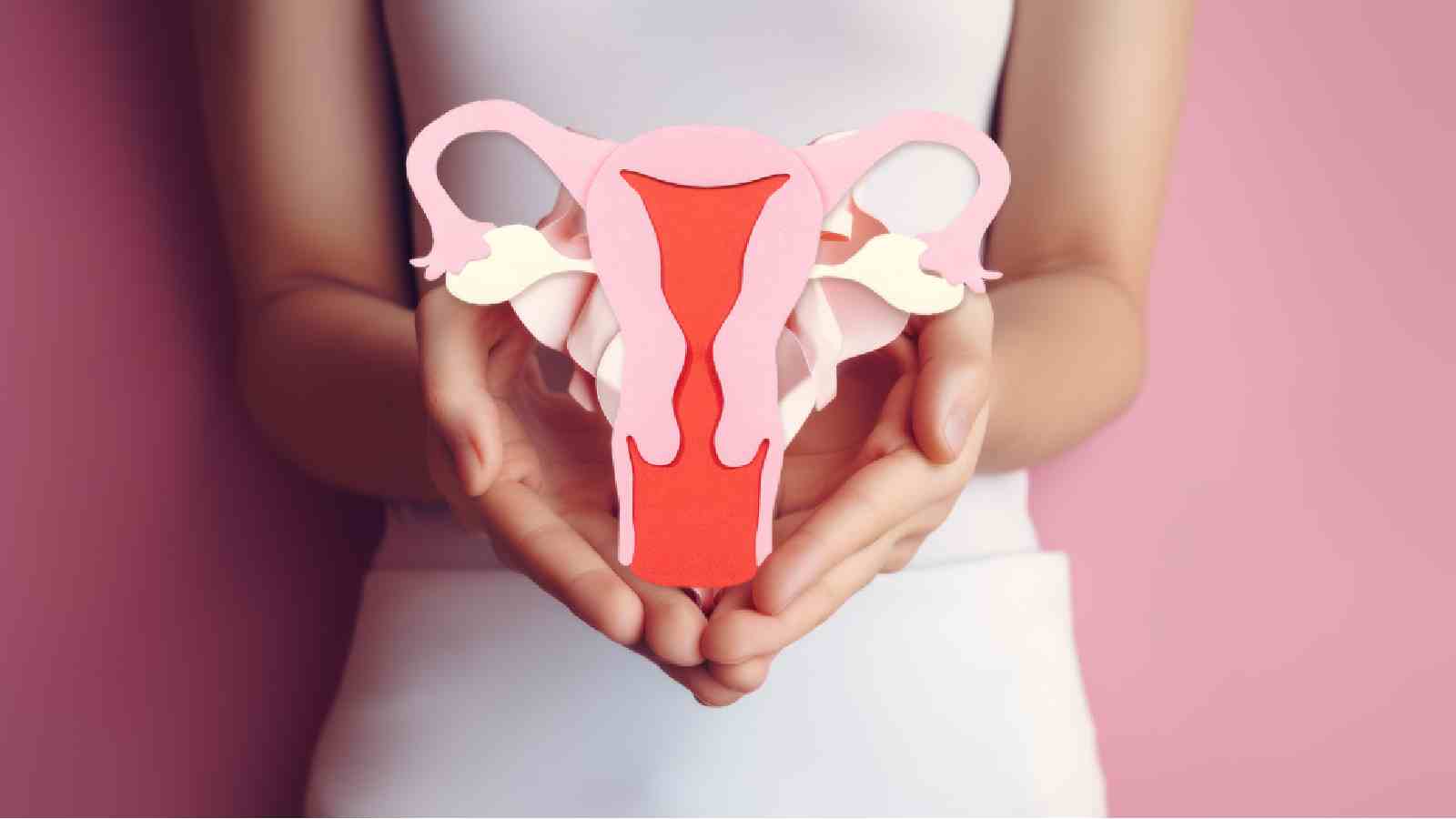Despite pelvic pain, excessive bleeding and complications, many women are afraid of hysterectomy i.e. surgery or removal of the uterus. Whereas the need is to understand this surgery, the challenges associated with it and the effects that may occur later and deal with them wisely.
Trinamool Congress’s firebrand spokesperson and MP Mahua Moitra is always in the news. Her statements sometimes create controversies. But she speaks very authoritatively on women’s issues. She also speaks very boldly on her personal and professional life. Recently, she spoke very confidently about her uterus removal surgery. Although many issues were being discussed in her speech, during this time she said, “I lost my uterus and gained a lot.”
Women are so sensitive about their uterus that when they are advised to get it removed for some essential health reasons, they go into a deep shock. This may also be due to the rigidity of old traditions, in which a woman is considered complete if she has a uterus or womb. But when this uterus becomes a challenge for a woman’s health, then the doctor advises to get it removed. Instead of getting scared of this, this situation needs to be faced with the right information.
Having a uterus is not more important than your health
Dr Neeti Koutish is the Head and Director of the Department of Obstetrics and Gynecology at Fortis Escorts Hospital, Faridabad. She says, “Hysterectomy is the surgical removal of the uterus and is one of the most commonly performed major surgeries in gynecology. Hysterectomy is usually performed in medical conditions when other treatment options are ineffective or impossible.”

When is hysterectomy needed?
It is important for the patient to understand why a hysterectomy is being performed and what kind of challenges they may face afterward.
1 In case of fibroids in the uterus (fibroid in uterus)
Dr. Kautish says, “These are usually benign tumors, and a hysterectomy is required to remove them. They can cause severe pain, excessive bleeding during periods and many other complications to the patient. Whenever medications or myomectomy (removal of fibroids) do not prove effective, a hysterectomy has to be resorted to.”
Read this also

2. Endometriosis
In this condition, a large amount of endometrial tissue grows outside the uterus, causing pain, irregular bleeding and infertility. In such a situation, when other treatments such as hormone therapy or laparoscopic surgery do not provide relief, hysterectomy is considered, especially when the case is very severe.
3 Uterine Prolapse
This happens when the uterus slips down into the vaginal canal due to weakness in the pelvic muscles. Its symptoms include pelvic pressure, difficulty in urination and bowel movement. In severe cases, sometimes pelvic floor repair along with hysterectomy can relieve these symptoms.
4 Cancer
Hysterectomy is necessary to treat cancer of the uterus, cervix, ovary, or endometrium. It is part of a comprehensive treatment process that also includes chemotherapy and radiation.
5. Chronic pelvic pain
When pelvic pain remains unresolved despite other treatments and conditions such as adenomyosis or severe pelvic inflammatory disease are also present, doctors often choose to treat the patient with a hysterectomy.

Know some important things before surgery (hysterectomy side effects after surgery)
Dr. Neeti Kautish says, this is one of the most common surgeries in gynecology. But this does not mean that you will not have any problems after this. Actually, there can be two types of challenges after hysterectomy. First, they are related to surgery and second, there are challenges arising due to removal of uterus (hysterectomy side effects after surgery).
In the last few years, the number of surgical complications has reduced significantly since the option of laparoscopic surgery became available and surgical techniques improved. The advantages of laparoscopic surgery are that patients have a shorter hospital stay, are able to walk more quickly, and have fewer post-operative complications.
1 Some surgical injuries
Although the number of surgical complications has decreased significantly, injuries to the uterus, bladder or large intestine may still occur. As with any major surgery, there are risks of infection and bleeding after a hysterectomy.
2 You will not be able to get pregnant (No chance of pregnancy)
As far as complications related to hysterectomy are concerned, since the main function of the uterus is related to pregnancy, you cannot get pregnant after a hysterectomy. Apart from this, some hormonal changes may also occur in the body due to the removal of the ovaries. These changes are usually similar to those seen in the body after menopause.

3 There may be menopausal symptoms
Symptoms associated with menopause include poor bone health and vaginal dryness. However, these symptoms can be relieved with the help of medications and supplements. Also, the ovaries are not removed in every hysterectomy. If the ovaries are healthy, they are left in place in the case of younger patients so that hormonal fluctuations do not cause problems.
In conclusion, it can be said that hysterectomy is an important surgical intervention in the treatment of many gynecological diseases. While it saves the patient from severe symptoms and sometimes life-threatening conditions, it also comes with some challenges.
Precautions after uterus operation (Counseling for hysterectomy)
But counselling of the patient before surgery, proper understanding of the reasons for surgery, necessary support to the patient after the operation etc. are very important aspects that help patients to deal with the physical and emotional changes that occur after hysterectomy in a proper manner. One of their advantages is that patients get the benefit of better life quality and they are able to adjust well with the changes occurring in their body.
Also read – There may be a risk of fibroids in the uterus even after menopause, know some important facts from the expert